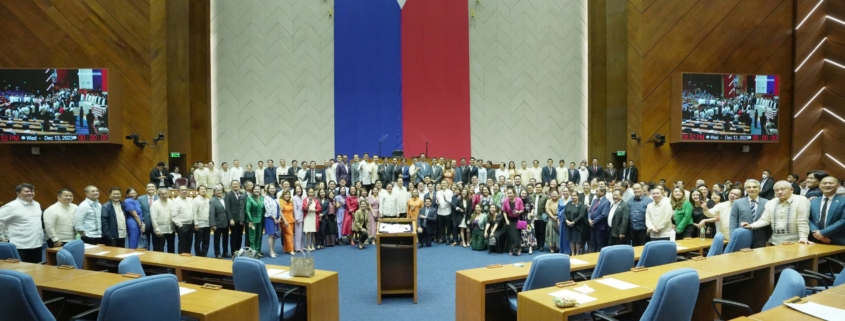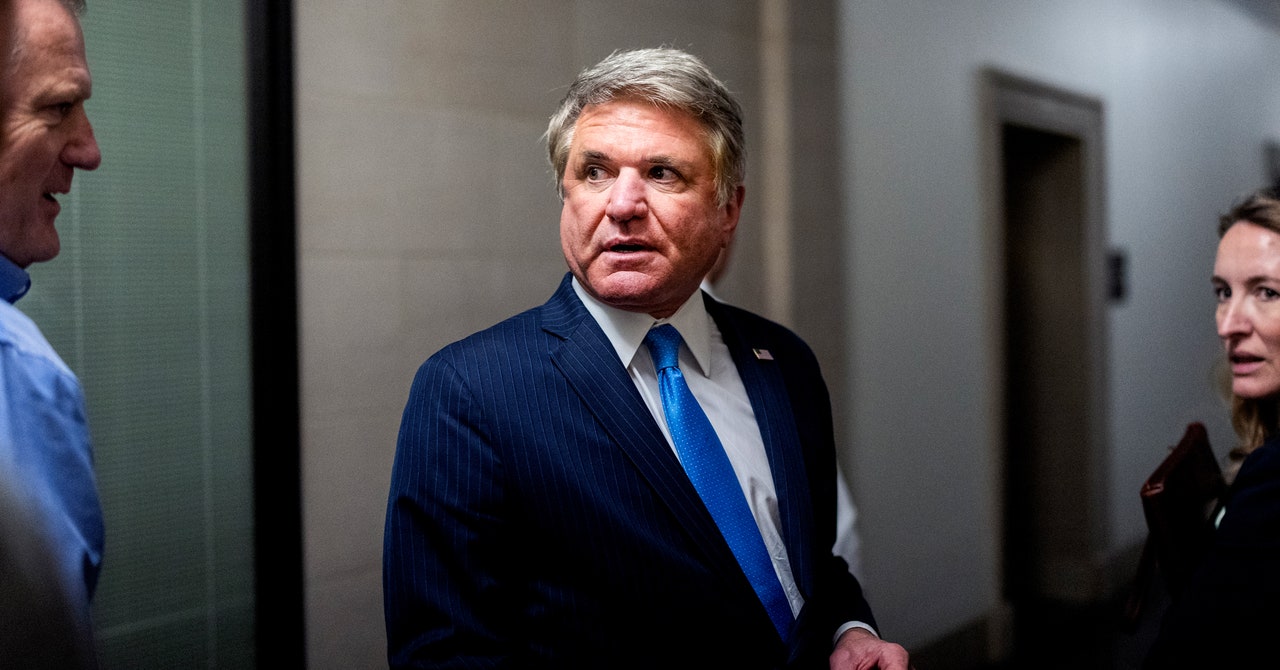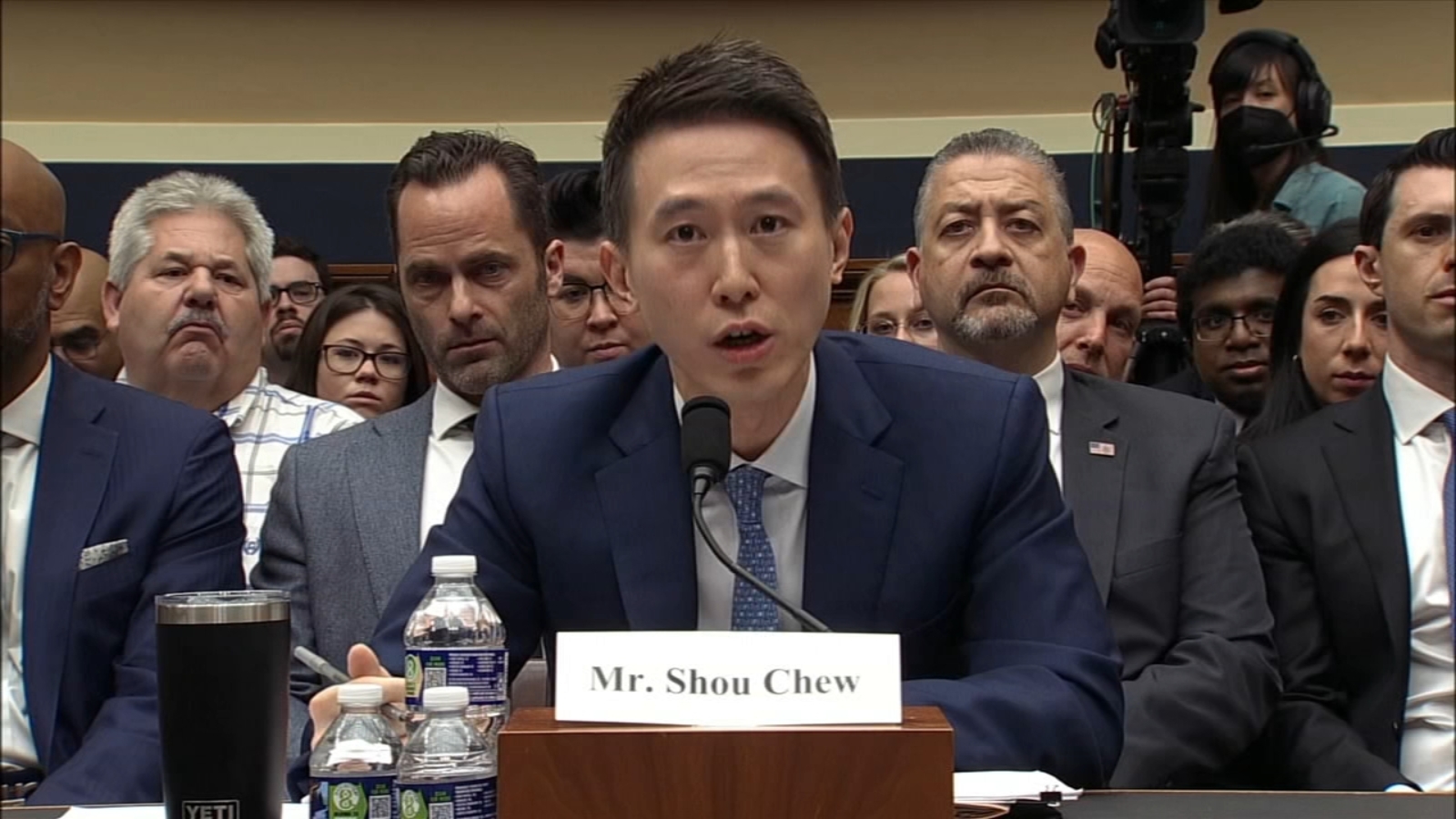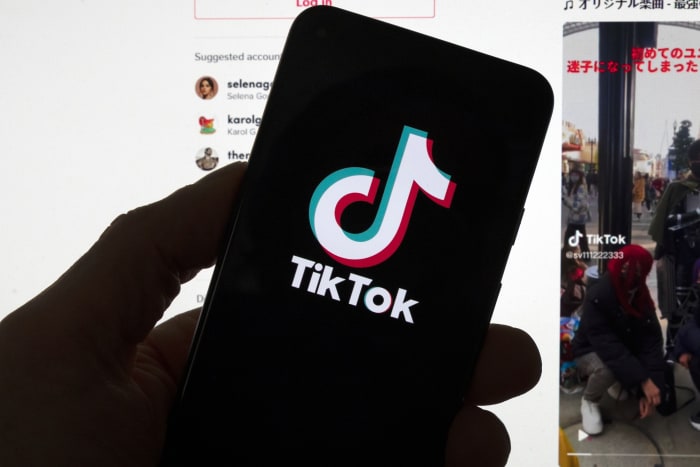Congress prods DICT for briefing on recent hacking tries from China
Speaker Ferdinand Martin G. Romualdez on Monday called for an immediate briefing from the Department of Information and Communications Technology (DICT) on the recent cyberattacks on several Philippine government websites purportedly from Chinese hackers, saying this was an issue on national security.
Meanwhile, the Philippine Coast Guard on Monday assured the public that its website is secure following reports of attempted cyberattacks over the last month.
In a statement, PCG spokesperson Rear Admiral Armando Balilo said an investigation into the possible hacking of their website began a month ago after the DICT reported the attempt to break into their website.
“So far, we have not monitored anything. Our website remains secure,” Balilo said.
DICT Undersecretary for connectivity, cybersecurity and upskilling Jeffrey Ian Dy reported that cybersecurity experts prevented the hacking of government websites and email addresses by China-based cybercriminals, and that one of these attacks was an attempt to take down the Overseas Workers Welfare Administration (OWWA) website.
“I express deep concern regarding the recent cybersecurity breaches in government agencies, as reported by the DICT. The revelation that hackers, suspected to be operating from China, have infiltrated the email systems and internal websites of various government agencies, is a matter of national security and public interest,” Romualdez said.
“The fact that these breaches have targeted critical domains such as cabsec.gov.ph, coastguard.gov.ph, cpbrd.congress.gov.ph, dict.gov.ph, doj.gov.ph, and ncws.gov.ph, in addition to the private domain of President Ferdinand “Bongbong” Marcos Jr, signifies a dire need for an immediate and comprehensive response,” the Speaker added.
The leader of the 310-strong House of Representatives said that the Philippines should not allow these cyberattacks on government websites to go unchecked.
“An attack on our internet systems is not only a threat to our government but also a robbery of our own home. We must not miss it and we must fight it,” the lawmaker from Leyte said.
“In light of these alarming developments, I am calling on the…



